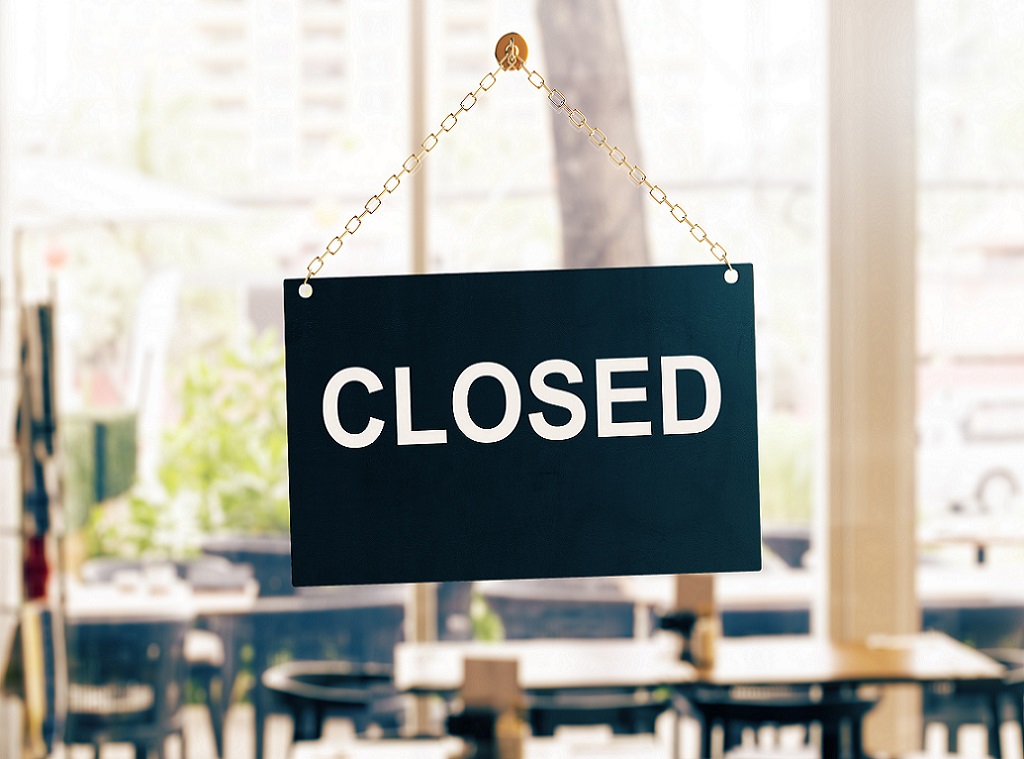Subscribe
It is more important than ever for Victorian landlords and tenants to understand their commercial lease obligations in the face of COVID-19
The outbreak of Coronavirus (COVID-19) has created a challenging environment for commercial landlords and tenants. Landlords are faced with reduced occupancy.
As a result of the forced shutdown to their businesses, many tenants are unable to trade. It is essential that both parties are familiar with their rights and obligations under existing commercial lease agreements.
Can a tenant be forced to remain open under the commercial lease agreement?
Landlords cannot force their tenants to keep their premises open. Even if the commercial lease agreement imposes an obligation on the tenant to keep the premises open and or actively trading, this obligation is likely to be unenforceable in situations where the government has mandated the closure.
Additionally, Australian courts in the past have expressed reluctance to employ specific performance and injunctions to compel tenants to trade in climates of government enforced closures.
Can a landlord close a premises or restrict access to common areas?
The ability of a landlord to close premises or restrict access to common areas depends on the terms of the commercial lease agreement. They may risk a claim by the tenant for a breach of the covenant of quiet enjoyment.
As above, if the government orders the premises to close, and the tenant refuses such a closure, it is difficult to foresee the tenant succeeding on a claim that the landlord has breached its quiet enjoyment obligations.
Can a tenant claim frustration of the commercial lease agreement?
It is unlikely that a tenant could successfully claim frustration, although it’s been a long time since frustration arising from a commercial lease agreement has been tested in Australian courts.
A contract is frustrated when, after its formation and through no fault of either party, an unforeseen event renders the contract incapable of being performed. Frustration is difficult to establish and highly dependent on the circumstances of the case and the terms of the commercial lease.
While it can be argued that a government-mandated closure could frustrate the lease agreement, previous case law from other Commonwealth jurisdictions suggests that the short- term closure of a premises would not be sufficient to establish frustration.
Are tenants entitled to a rent reduction or abatement?
A tenant’s entitlement to a rent reduction or abatement will depend on the terms of the commercial lease. However, the Federal Government has indicated that their State and Territory counterparts are working on urgent legislative amendments designed to relieve tenants experiencing difficulties as a result of COVID-19.
Due to the challenging environment created by COVID-19, landlords may instead decide to renegotiate their commercial leases and grant their tenants other forms of relief during the mandatory shutdown period. For instance, a landlord may decide to forgive rental payments for the mandatory shutdown period, but, as a compromise, insist on:
- A demolition clause
- A shortened term
- Reduced options
- Increased post-shutdown rental
or a combination of the above.
Our thoughts on commercial lease agreements and the impact of COVID-19
We have found that reasonable commercial negotiations between both landlord and tenant during the shutdown period and a degree of flexibility and forward thinking being exhibited by both parties is often the best solution to deal with the constant state of flux that we find ourselves in as a result of COVID-19, and the legislative response to the same.
Whether you are a landlord or tenant, if you’re concerned about your commercial lease obligations in our uncertain climate, contact us to discuss your situation.
DISCLAIMER: We accept no responsibility for any action taken after reading this article. It is intended as a guide only and is not a substitute for the expert legal advice you can get from marshalls+dent+wilmoth and other relevant experts.
Subscribe




